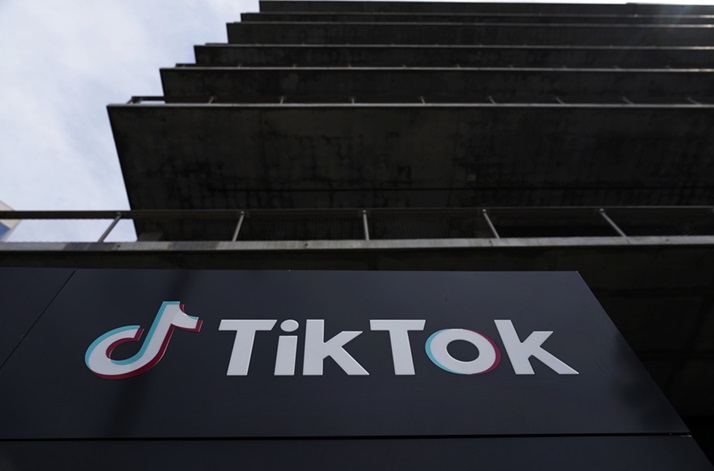ByteDance, the parent company of TikTok, is facing a tough decision in the United States. If the Chinese tech giant exhausts all legal avenues to fight a ban on TikTok, it may choose to shut down the app rather than sell it. This decision stems from the critical role TikTok’s algorithms play in ByteDance’s overall operations.
While TikTok contributes only a small share to ByteDance’s total revenues and daily active users, its algorithms are at the core of ByteDance’s business model. Selling the app without these algorithms would be highly unlikely, according to sources close to the company. Therefore, in a worst-case scenario, ByteDance would prefer to shut down TikTok in the U.S. rather than compromise its core algorithm.
A shutdown of TikTok in the U.S. would have limited impact on ByteDance’s business, and the company would not have to give up its core algorithm. This strategy would allow ByteDance to maintain control over its most valuable asset while navigating the challenges posed by U.S. legislation.
ByteDance has stated that it has no plans to sell TikTok, despite reports suggesting otherwise. The company remains optimistic about its legal challenge to block the legislation banning TikTok, which was signed into law by President Joe Biden. TikTok’s CEO, Shou Zi Chew, has expressed confidence that the company will prevail in court.
The legislation, driven by concerns about data security and surveillance, sets a deadline of January 19 for ByteDance to sell TikTok’s U.S. business. However, President Biden has the option to extend the deadline by three months if he believes ByteDance is making progress in divesting the app.
ByteDance’s financial performance is not publicly disclosed, but the company is said to have made most of its money in China, primarily from apps like Douyin, the Chinese version of TikTok. The U.S. market accounted for about 25% of TikTok’s overall revenues last year.
Despite the challenges, ByteDance remains a formidable player in the tech industry, with a valuation of $268 billion as of December. The company’s ability to navigate the complexities of the U.S. market while preserving its core assets will be closely watched in the coming months.
(Source: Reuters | The information | Associated Press)









